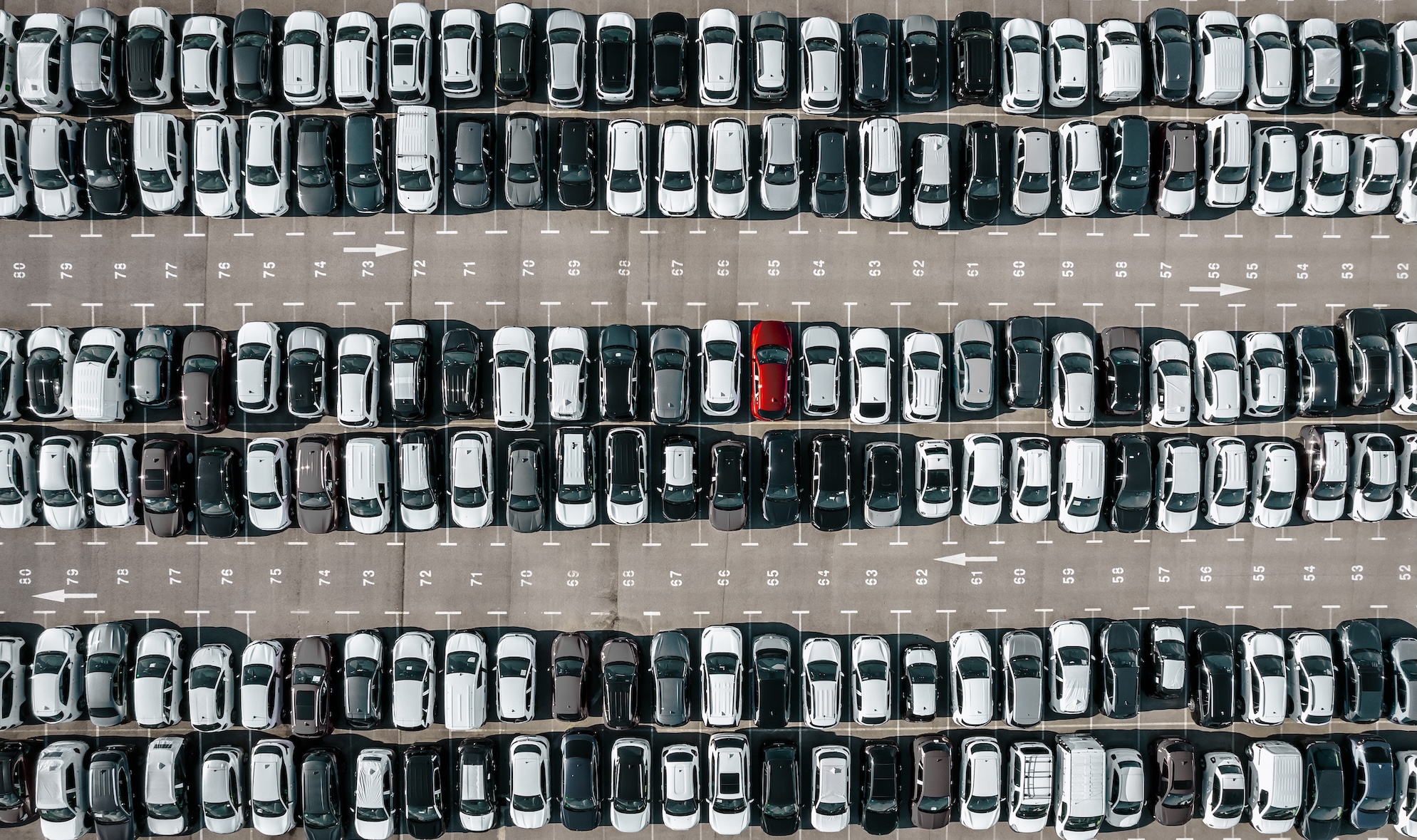When automobiles first started tearing through American streets a century ago, they weren’t exactly welcome. One of the main problems was that they were killing children: in 1921 alone, 286 children in Pittsburgh, 130 in Baltimore, and 97 in Washington, D.C. Cities memorialized the dead with monuments and solemn marches. A safety council in Detroit commemorated traffic deaths by ringing bells at city hall and churches; another in Brooklyn put up a “Death-O-Meter” near a major traffic circle that kept a running tally of those injured or killed.
It wasn’t just in cities. At the beginning of the 20th century, rural residents revolted as drivers of “horseless carriages” rammed into their livestock and their neighbors. Across the country, they threw stones and dung at cars, shot at them, and trapped them in ditches dug across roads, or with ropes and wires strung between trees.
The arrival of automobiles was at first greeted with skepticism that they could ever replace horses and then shock at the dangers they posed. Newspapers in the early 20th century called drivers “killers” and “remorseless murderers.” Cars weren’t seen as necessities but rather the dangerous playthings of those wealthy enough to afford them. Today, media coverage defaults to the passive voice and to calling crashes “accidents” even as they continue taking lives — more than 39,000 people just last year in the United States.
This history of hostility to cars has been largely forgotten. “There’s the myth that the Model T rolled off the assembly line, and it was love at first sight,” said Doug Gordon, co-author of the new book Life After Cars: Freeing Ourselves From the Tyranny of the Automobile.
It’s part of a growing opposition to car culture in the literary world — a trend that suggests more people are willing to entertain these criticisms than in previous years, at least by publishers’ estimations. September brought the release of Roadkill: Unveiling the True Cost of Our Toxic Relationship With Cars, a philosophical book arguing that cars don’t represent freedom, as we’ve been told, but constraint. Depending on cars drains our bank accounts, limits our transportation options, and locks in damage to our health and the environment. Roadkill was published the same day as Saving Ourselves From Big Car, a condemning investigation of the way automakers, oil companies, and related industries gained control of the road to rake in profits, no matter the consequences.
The facts about cars are alarming: Far more Americans have died from car crashes than from all the wars the United States has fought. The average driver in the U.S. spends more than three-quarters of a million dollars on cars in their lifetime. If the fleet of SUVs around the globe were a country, they would be the world’s fifth-largest emitter of carbon dioxide, behind Russia and ahead of Japan.
None of these problems are new — in fact, people have been warning us about many of them for decades. So why is it so easy to ignore these glaring flaws?



What you mainly lost was loads of horse shits on the streets.
Public health win! /s
That’s true for trucks and taxis. Not so much for personal transportation.